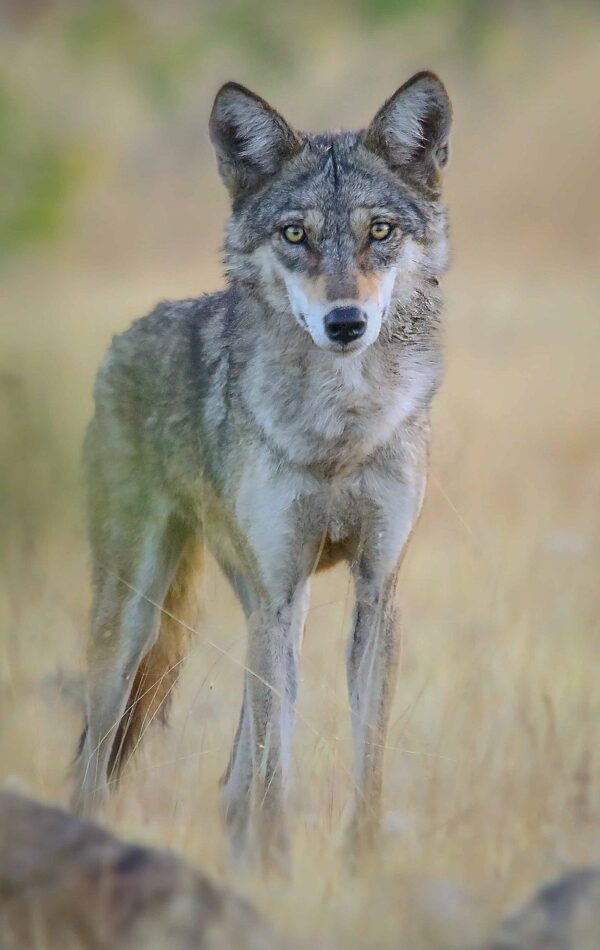World Wildlife Day is celebrated every year on March 3rd to raise awareness about the world’s wild fauna and flora and the importance of their conservation. The United Nations General Assembly designated this day in 2013 to highlight the urgent need for the conservation and sustainable use of biodiversity to ensure the continued survival of species and ecosystems. Each year, a theme is selected to focus attention on a specific issue related to wildlife conservation.
The Importance of Biodiversity
Biodiversity is the variety of life on Earth, including the diversity of species, genes, and ecosystems. It is essential for the functioning of ecosystems and the provision of ecosystem services that are critical to human well-being, such as clean air and water, food, and medicine. Biodiversity also has cultural, aesthetic, and spiritual value and is a source of inspiration and wonder for people around the world.
Threats to Biodiversity
Biodiversity is under threat from a range of human activities, including habitat loss and fragmentation, overexploitation, pollution, and climate change. These activities are causing the extinction of species at an unprecedented rate, with many experts warning that we are facing a sixth mass extinction. The loss of biodiversity has profound consequences for ecosystems and human well-being, including the loss of ecosystem services, food security, and economic livelihoods.
The Importance of World Wildlife Day
Wildlife conservation is essential for the protection and preservation of biodiversity. Wildlife plays a critical role in maintaining the functioning of ecosystems and the provision of ecosystem services. Wildlife also has cultural, aesthetic, and spiritual value and is a source of inspiration and wonder for people around the world. In addition, wildlife tourism is an important source of income for many countries and communities.

World Wildlife Day Themes
Each year, World Wildlife Day focuses on a specific theme related to wildlife conservation. Recent themes have included “Sustaining all life on Earth” (2020), “Life below water: for people and planet” (2019), and “Big cats: predators under threat” (2018). This year’s theme is “Forests and Livelihoods: Sustaining People and Planet.”
Forests and Livelihoods: Sustaining People and Planet
Forests are one of the most important ecosystems on the planet, providing essential ecosystem services such as carbon sequestration, air and water purification, and soil conservation. Forests are also home to a large proportion of the world’s biodiversity, including many endangered and threatened species. However, forests are under threat from deforestation, degradation, and fragmentation due to human activities such as logging, mining, agriculture, and infrastructure development.
The Importance of Sustainable Forest Management
To address these challenges, it is essential to implement sustainable forest management practices that balance conservation with the needs of local communities. This requires the involvement of all stakeholders, including governments, local communities, civil society organizations, and the private sector. The UN has identified several strategies to achieve sustainable forest management, including improving governance and law enforcement, promoting sustainable forest management practices, and ensuring the rights and participation of local communities.
Addressing the Drivers of Deforestation
Another critical strategy is to address the drivers of deforestation, such as commodity-driven agriculture, mining, and infrastructure development. Several companies have committed to zero-deforestation pledges in recent years, and initiatives such as the Roundtable on Sustainable Palm Oil and the Forest Stewardship Council provide certification schemes to promote sustainable practices. However, much more needs to be done to ensure that these initiatives are effective and enforced.
Conclusion
World Wildlife Day is an important annual event that serves to raise awareness about the importance of protecting and conserving the world’s wildlife and biodiversity. As we have seen, the loss of wildlife and natural habitats has serious consequences for human health and well-being, as well as for the health of our planet. However, there are many organizations and initiatives that are working to address these issues, from wildlife conservation and sustainable tourism to sustainable forest management and certification programs.
By supporting these efforts and making individual choices that promote sustainability and biodiversity, we can all play a part in protecting the world’s wildlife for future generations. As we celebrate World Wildlife Day this year and, in the years, to come, let us remember the importance of preserving our natural heritage and working towards a more sustainable future.
Help us Help Them! Think Wildlife Foundation is a non profit organization with various conservation initiatives. Our most prominent campaign is our Caring for Pari intiative. Pari is a rehabilitated elephant at the Wildlife SoS Hospital. 25% of the profits from our store are donated to the elephant hospital for Pari. Other than buying our wonderful merchandise, you could donate directly to our Caring For Pari fundraiser.
Written by: Harsh Singhal
References
- United Nations General Assembly. (2013). Resolution adopted by the General Assembly on 20 December 2013. Retrieved from https://www.un.org/en/ga/search/view_doc.asp?symbol=A/RES/68/205
- Convention on Biological Diversity. (n.d.). What is biodiversity? Retrieved from https://www.cbd.int/biodiversity/
- Millennium Ecosystem Assessment. (2005). Ecosystems and Human Well-being: Biodiversity Synthesis. Retrieved from https://www.millenniumassessment.org/documents/document.354.aspx.pdf
- IPBES. (2019). Global Assessment Report on Biodiversity and Ecosystem Services. Retrieved from https://ipbes.net/global-assessment-report-biodiversity-ecosystem-services
- WWF. (n.d.). Wildlife conservation. Retrieved from https://www.worldwildlife.org/initiatives/wildlife-conservation
- UNWTO. (2019). Tourism and wildlife. Retrieved from https://www.unwto.org/tourism-wildlife
- UNDP. (2021). Forests and livelihoods: Sustaining people and planet. Retrieved from https://www.worldwildlife.org/pages/world-wildlife-day-2021
- United Nations. (n.d.). Sustainable forest management. Retrieved from https://www.un.org/sustainabledevelopment/forests/
- World Resources Institute. (2019). 5 reasons why forests are critical to human well-being and the environment. Retrieved from https://www.wri.org/insights/5-reasons-why-forests-are-critical-human-well-being-and-environment
